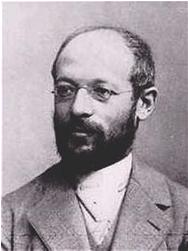A Quote by Wyndham Lewis
A sort of war of revenge on the intellect is what, for some reason, thrives in the contemporary social atmosphere.
Quote Topics
Related Quotes
A sort of war of revenge on the intellect is what, for some reason, thrives in the contemporary social atmosphereThe ideas of a time are like the clothes of a season: they are as arbitrary, as much imposed by some superior will which is seldom explicit. They are utilitarian and political, the instruments of smooth-running government.
Today is such a time, when the project of interpretation is largely reactionary, stifling. Like the fumes of the automobile and of heavy industry which befoul the urban atmosphere, the effusion of interpretations of art today poisons our sensibilities. In a culture whose already classical dilemma is the hypertrophy of the intellect at the expense of energy and sensual capability, interpretation is the revenge of the intellect upon art.
I say openly that I am an anti-war person, with the point being, show me some reason not to be against this war. You have to be sort of asleep at the switch not to be critical of it. And the parallel between one quagmire we went through in Vietnam and the one we're in now is clear for everybody to see.
When I grew up, in Taiwan, the Korean War was seen as a good war, where America protected Asia. It was sort of an extension of World War II. And it was, of course, the peak of the Cold War. People in Taiwan were generally proAmerican. The Korean War made Japan. And then the Vietnam War made Taiwan. There is some truth to that.
































